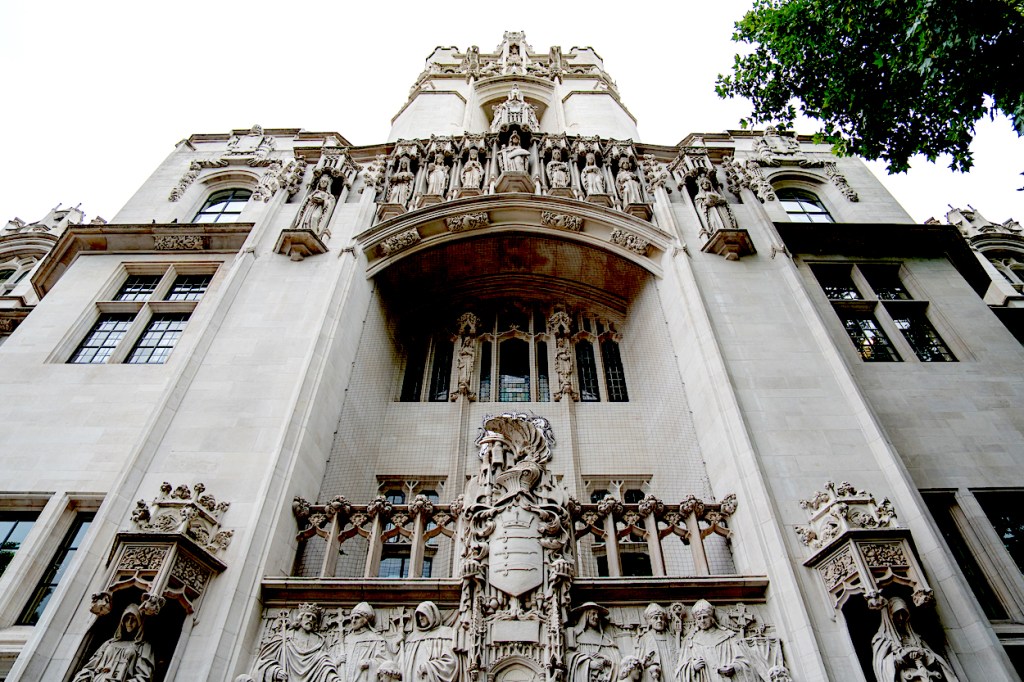One of the more curious developments in British politics is the apparent willingness of environmental charities to let the Labour government off the hook for policies they once railed against. When Liz Truss’s brief tenure in Downing Street saw proposals for planning deregulation, habitat law reforms, and changes to the Green Belt, these groups reacted with fury. Now, many of those same proposals are back under Labour – yet the response has been muted, even deferential.
Heathrow’s third runway, strengthened housing targets, a stronger presumption in favour of development without any extra environmental safeguards: these were once red lines for Britain’s biggest nature charities. Under the Conservatives, such measures were met with petitions, protest letters, and PR campaigns denouncing them as an assault on nature. Yet Labour’s plans, which resurrect many of these same policies, have by comparison barely caused a ripple of dissent.
Take, for instance, Labour’s apparent willingness to reform habitat and species protections, an issue that once had green groups mounting an all-out offensive. Now? A few murmurs of concern, but no real fight. Or challenges to agencies like Natural England with a review of environmental regulators through an economic lens which, under the Tories, would have been met with open revolt. The lack of dissent is remarkable.
As the Government’s Planning and Infrastructure Bill is unveiled today, it will be interesting to see if environmentalists maintain their stance. If they wanted to claim a Conservative government’s planning agenda was a catastrophe, then surely a similar approach under Labour deserves the same level of scrutiny? Do they probe what could amount to a weakening of environmental protections with the same vigour as they may have done in the past, or offer up their support – accepting the assurances they are given at face value?
Not everyone is keeping quiet. The RSPB has at least been consistent by launching an e-action campaign against Labour’s plans. The Community Planning Alliance has also been vocal in its opposition. Yet many major environmental organisations have, so far at least, been more muted than would have been expected in the past. And by providing support for glossy social media content on high-profile smaller projects like beaver reintroductions, some risk looking more like cheerleaders than watchdogs. While they help promote these convenient distractions, they allow major policy decisions with potentially significant consequences for nature to pass unscrutinised.
Rosie Pearson, chair of the Community Planning Alliance, has expressed frustration at the lack of support from major conservation groups, saying:
In the face of belligerent anti-nature rhetoric from the Government, it is deeply frustrating that the large environmental organisations seem, at times, more interested in showing support for the Government’s agenda than protecting nature. The Community Planning Alliance is extremely worried about the proposed changes. Government really is waging a war on nature.
Diary disclosures reveal just how frequently NGO representatives are meeting with government ministers and officials behind closed doors – but seemingly without raising any real opposition to policies they would have fought tooth and nail under previous administrations.
The most obvious answer as to what is happening is politics. Labour, despite the public show of abandoning its flagship £28 billion-a-year green investment pledge, still enjoys the benefit of the doubt from organisations that have traditionally viewed the party as their ally. There remains a residual belief that, in the grand scheme of things, Keir Starmer’s government is fundamentally more inclined towards environmental stewardship than its predecessors.
Yet Labour will have some way to go in matching the Conservatives’ incredibly strong record on nature which ranged from redesigning agricultural support to ensure food production went hand-in-hand with environmental improvements, to creating or restoring wildlife habitats the size of Dorset – and bringing in a landmark Environment Act.
Many among the charities’ rank and file membership are beginning to ask difficult questions. One disgruntled member of a leading conservation charity, who wished to remain anonymous, told me:
It’s a disgrace. I’ve been a member for ten years and am considering resigning my membership. They’re letting the Government have a free pass and get away with murder.
Labour has clearly calculated that it can afford to press ahead without serious pushback from the environmental sector. To date, that calculation appears to be correct.
But at what cost? If green charities are seen as partisan rather than principled, they risk losing credibility – and, ultimately, the very influence they wield in ensuring ministers are adequately balancing nature with other vital but potentially competing policy goals like housebuilding and economic growth.
For now, Labour’s ‘free pass’ remains intact. But if green groups continue to turn a blind eye, they may find that it’s not just policymakers who lose faith in them – but their own supporters too.







Comments